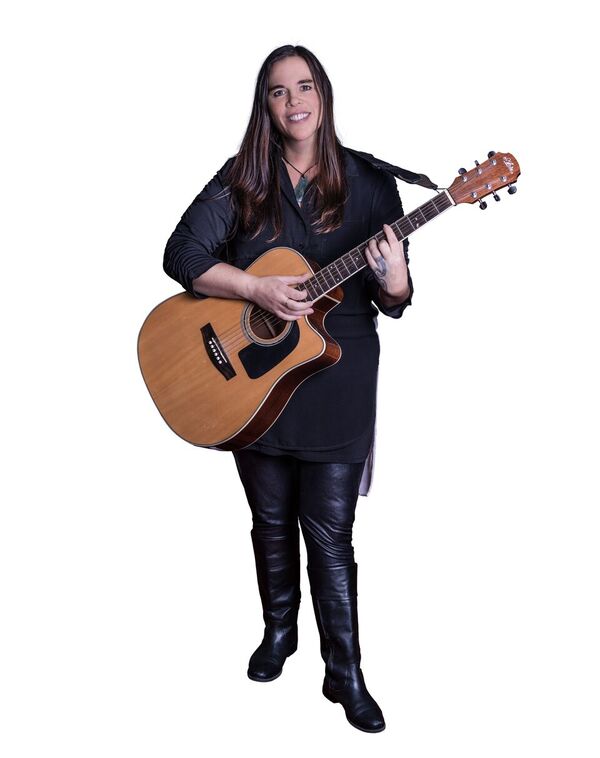Tracey Currie firmly believes in putting the “care” into mental health care.
“I was always the type of kid who wanted to help other people,” says the Balclutha-based mental health and disability support worker. “I’d pack lunch for the less fortunate kids at schools and make my mum buy them shoes. We had a special needs class at school and I had a really close relationship with those kids. I think I’ve just got the heart for supporting for people.”
Today Tracey works as a Co-ordinator with Pact, a mental health and addictions provider based in South Otago. She is also one of almost 100 trainees across New Zealand who are studying the New Zealand Apprenticeship in Mental Health and Addiction Support, a workplace-based apprenticeship programme developed and supported by Industry Training Organisation (ITO), Careerforce.
At the end of an industrial block in Balclutha you’ll find Pact’s Link Centre: a warm, bright and spacious room equipped with activities, a pool table, a drum kit and other instruments for the musically inclined. This is Tracey’s workplace, where she is the activities co-ordinator. Tracey shows us she can pull off a few chords and hold her own behind a microphone, much to the delight of her clients. “Music is so important for mental health as it helps us create good vibes and positivity and it’s also a great medium to express our emotions,” she says.
A short stroll from the Centre is the Clutha River, one of New Zealand’s iconic fishing spots and a popular hang-out for the Centre’s clients. Tracey says trout fishing is one of her group’s favourite outdoor activities in the summer, while others enjoy just getting out amongst nature.
“There’s a strong connection between mental health, wellbeing and nature. We know it grounds people so a lot of our activities involve taking people back to nature,” Tracey says.
The Link Centre caters for around 70 clients with a range of mental health and intellectual disabilities, including depression, schizophrenia, bipolar disorder and drug and alcohol addictions, throughout the South Otago area. Tracey says learning and knowledge is key to managing such a diverse range of diagnoses. Listening is also a key skill, as people often just want someone to talk to so they can feel better.
She says that for many, mental health can be linked to traumatic incidents from their past. “Most people in mental health service are here because of abuse, be that mental, physical or sexual abuse,” she says. “Whanau are born with an intellectual disability or sustained a head injury, but most our mental health whānau have suffered neglect or abuse, including mental, physical or sexual abuse.”
So with this in mind, feeling heard and understood can provide a huge relief, and we also help clients identify their own strengths and coping strategies. “Often people are grieving for their past life before they became unwell, so we try to help them look to a positive future,” Tracey says. “A lot of people just give up and we can’t let them do that.”
Tracey says Pact have been very supportive of her training journey and the Apprenticeship is giving her the confidence to do her job better and help her clients achieve better outcomes.
“As mental health and addiction support workers, we need a wide range of knowledge and skills so we can adapt our approach to best care for each person we’re working with. I love learning, it’s so important to me. Even though you think you may know something well, there’s always new learning you simply didn’t know. But at the end of the day, if you have empathy and a caring heart and if you want to look out for our people and advocate for them, that’s all the skill you need.”
ENDS
Are you interested in a career in Mental Health and Addiction Support? Check out more Careerforce qualifications here:


